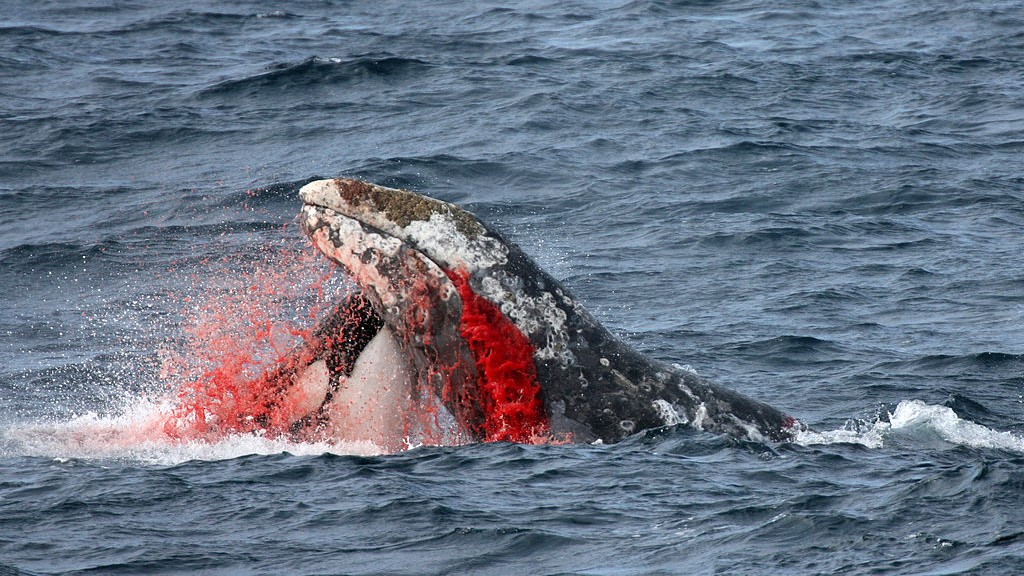Child Cancer Survivors Face Higher Colon Cancer Risk

People who had cancer as children are at increased risk for developing colon cancer and other types of gastrointestinal cancers later in life, a new study finds.
In the study, childhood cancer survivors were nearly five times more likely to develop gastrointestinal cancer compared with the general population, the researchers said.
Those who had received radiation to their abdominal area as treatment for their childhood cancer, or who had received certain types of chemotherapy, were at particularly high risk ofgastrointestinal cancer.
Gastrointestinal cancers were diagnosed as early as 5.5 years after the patients' childhood cancers, the study found.
The findings confirm current recommendations that childhood cancer survivors with certain risk factors should undergo screening for colon cancer earlier that people in the general population, said study researcher Dr. Tara Henderson, medical director of the Childhood Cancer Survivor Center at the University of Chicago.
Cancer treatment increases cancer risk
Previous studies have found that childhood cancer survivors develop gastrointestinal cancer at a higher rate and younger age than those in the general population, the researchers said. However, it was not known how the type of childhood cancer, or the treatment received, may influence the patients' risk of developing gastrointestinal cancer later in life.
Get the world’s most fascinating discoveries delivered straight to your inbox.
Henderson and colleagues analyzed information from 14,358 patients who received a diagnosis of cancer before age 21, and who survived at least five years after their initial diagnosis.
The researchers collected information on the patients' types of cancer, and whether new cases of cancer developed later in their lives. Patients were diagnosed with Hodgkin's lymphoma, non-Hodgkin's lymphoma, neuroblastoma, soft tissue sarcoma, Wilms tumor, bone cancer or central nervous system cancer, as children or young adults.
An average of 22 years after their initial cancer diagnosis, 45 patients developed gastrointestinal cancer, at an average age of 33.5.
Those who had received abdominal radiation as treatment for their childhood cancer were 11 times more likely to develop gastrointestinal cancer, compared with people in the general population. The average age of colon cancer in the general population is 70, Henderson said.
Patients who had Hodgkin's lymphoma or Wilms tumor, a type of kidney cancer, or who received high doses of the chemotherapy drug procarbazine, or platinum drugs, were also at increased risk for gastrointestinal cancers.
Screening recommendations
The Children’s Oncology Group, an organization that studies childhood cancer, recommends that children who receive more than 30 grays of radiation during cancer treatment be screened for colon cancer beginning at age 35, or 10 years after radiation treatment (whichever comes latest), and that screening occurs every five years.
The new findings suggest children exposed to chemotherapy drugs may also need to undergo early screening for colon cancer, but more studies are needed to confirm this, Henderson said.
Because patients in the study were younger than the age at which gastrointestinal cancers typically occur, Henderson said she expects to see substantially more gastrointestinal cancers develop as the study participants age.
The study will be published tomorrow (June 5) in the journal Annals of Internal Medicine. It was funded by the National Cancer Institute.
Pass it on: Childhood cancer survivors may need to receive colon cancer screening earlier than is recommended for the general population.
Follow MyHealthNewsDaily staff writer Rachael Rettner on Twitter @RachaelRettner. Find us on Facebook.

Rachael is a Live Science contributor, and was a former channel editor and senior writer for Live Science between 2010 and 2022. She has a master's degree in journalism from New York University's Science, Health and Environmental Reporting Program. She also holds a B.S. in molecular biology and an M.S. in biology from the University of California, San Diego. Her work has appeared in Scienceline, The Washington Post and Scientific American.


